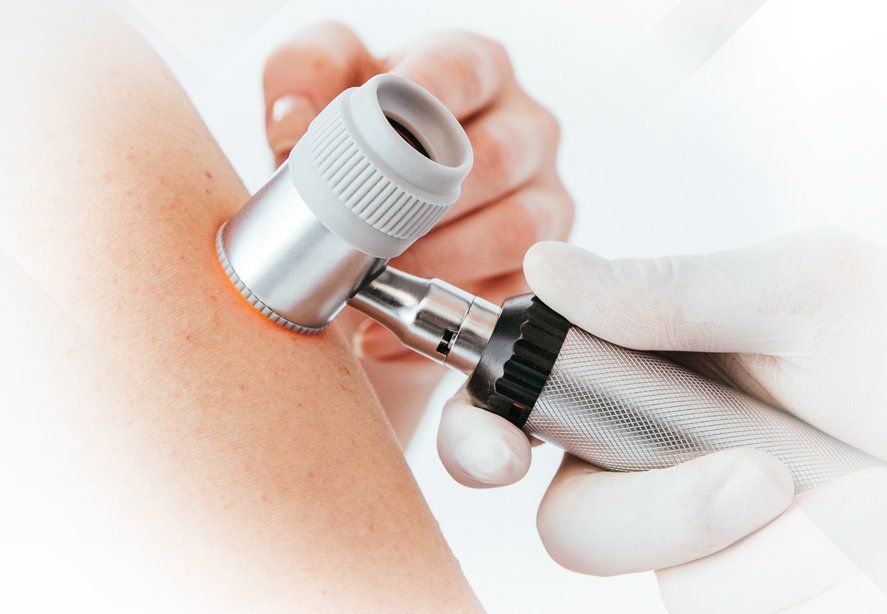Rosacea
Rosacea: Understanding and Managing a Chronic Skin Condition
Rosacea is a common skin disorder characterized by persistent facial redness and flushing. It can lead to enlarged blood vessels and small, pus-filled bumps, often being confused with acne or other skin conditions. This chronic issue can cause discomfort and impact self-esteem, affecting daily life.
If you’re dealing with ongoing symptoms on your face or around your eyes, it’s crucial to seek guidance from Skin Dermatology and Cosmetic Services. Our team of skincare professionals is dedicated to helping you restore your skin's health and confidence.
What Causes Rosacea?
- Hot drinks and spicy foods
- Hot baths and showers
- Extreme temperatures and hot weather
- Sun exposure and windy conditions
- Emotional stress and anxiety
- Red wine and other alcoholic beverages
- Harsh soaps and skincare products
- Intense exercise
- Medications that dilate blood vessels, including certain blood pressure drugs
- Cosmetic, skin, or hair care products
Rosacea Treatments
- Identifying and avoiding personal triggers
- Protecting your skin from excessive sun exposure with sunscreen and protective clothing
- Antibiotics prescribed by a healthcare professional
- Laser treatments to reduce redness and visibility of blood vessels
- Photofacial treatments for overall skin improvement
- Topical ointments to manage symptoms
- Using mild skincare products to prevent irritation
- Avoiding scrubbing or harsh treatments on affected areas
Call our offices today!
Call our offices today!
Skin Dermatology and Cosmetic Services Can Help with Rosacea
Rosacea typically begins to manifest after the age of 30, presenting as redness on the nose, chin, cheeks, forehead, or a combination of these areas. Some individuals may also experience symptoms on the chest, scalp, and ears. Irritation and redness in the eyes are additional concerns for many. While symptoms may fluctuate, they often worsen over time without proper treatment, leading to the development of bumps and potentially swollen tissue.
Numerous treatment options are available to manage the symptoms of rosacea, and what works best can vary from person to person. At Skin Dermatology and Cosmetic Services, we are committed to helping you discover the most effective treatment plan tailored to your skin's unique needs. While there is no cure for rosacea, our treatments can help prevent symptom progression, enhance your comfort, and minimize visible signs on your skin.
ecognizing and avoiding common triggers, such as spicy foods, alcohol, and extreme temperatures, is key to managing flare-ups. Establishing a gentle skincare routine with mild cleansers and moisturizers can also help soothe your skin.
You can wear makeup if you have rosacea, but it's vital to select products formulated for sensitive skin. Mineral-based or hypoallergenic cosmetics are often ideal choices. It's advisable to consult with a dermatologist for personalized product recommendations.
Yes, sunscreen is essential for those with rosacea-prone skin. Choose a broad-spectrum sunscreen with SPF 30 or higher and apply it daily. Proper sun protection is crucial in preventing flare-ups caused by sun exposure.
While rosacea is a chronic condition, its symptoms can be effectively managed with the right treatment and lifestyle adjustments. Collaborating with a dermatologist to create a tailored treatment plan is essential for controlling your symptoms.

Contact Us
We will get back to you as soon as possible.
Please try again later.

